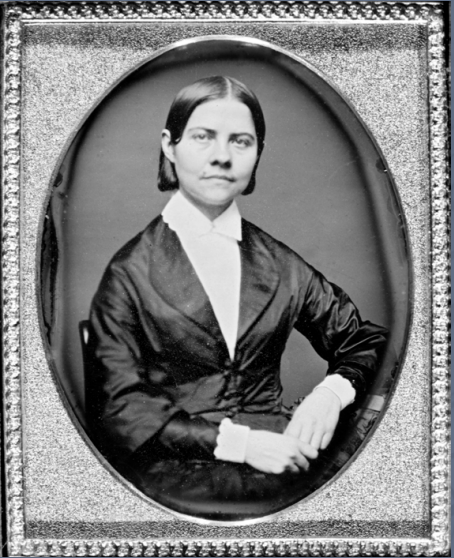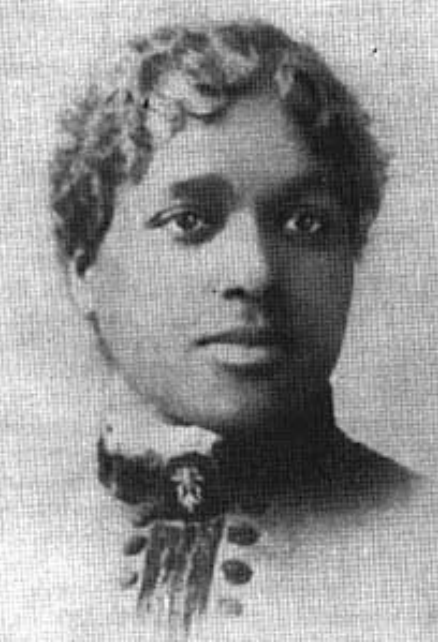Massachusetts played an important role in the movement for women’s suffrage.
“You may hiss as much as you please, but women will get their rights anyway.”
- Sojourner Truth to hecklers
”A celebrated reformer, famous for advocating African-American rights, Sojourner Truth’s first known public appearance was at the 1850 Women’s Rights Convention in Worcester. For a time, she lived in the Florence section of Northampton, where this statue was dedicated to her memory in 2002
- Sojourner Truth. Mass Moments
The First “National” Women’s Rights Convention - Worcester, Massachusetts The first women’s suffrage convention occurred in Seneca Falls, New York in 1848. An 1850 convention in Worcester is considered the first “national” convention with representatives from many states. Among the speakers were Susan B. Anthony, Lucretia Mott, Worcester’s Abby Kelly Foster, and Sojourner Truth. A young Lucy Stone was a leading organizer.
Suffragette or Suffragist?
In Britain, advocates of voting
rights for women were derided
as “suffragettes.” Activists
adopted the label as a badge of
honor. In the United States the
term “suffragist” was preferred.
Lucy Stone
Like many suffragists, Lucy Stone was
involved in the abolitionist movement
before the Civil War. Based in Boston,
her organization published the nationally
influential Woman’s Journal. She was the
first Massachusetts women to earn a college
degree and kept her name after
marriage. Women who followed
that practice were called “Lucy
Stoners.”

- Library of Congress
In a partial victory, Massachusetts women were allowed to vote in school committee elections in 1879.
- Library of Congress
Maria Louise Baldwin
Maria Louise Baldwin was the first Black
woman in New England to become a
school principal. At the Agassiz School in
Cambridge, she introduced the position of
school nurse and the practice of parentteacher conferences.
Baldwin argued that
women should vote
in school committee
elections as a step
toward equal suffrage.

- Library of Congress
The official text of the Nineteenth Amendment, allowing women’s suffrage, was transmitted to Massachusetts for ratification using this cover.
- Massachusetts Archives
